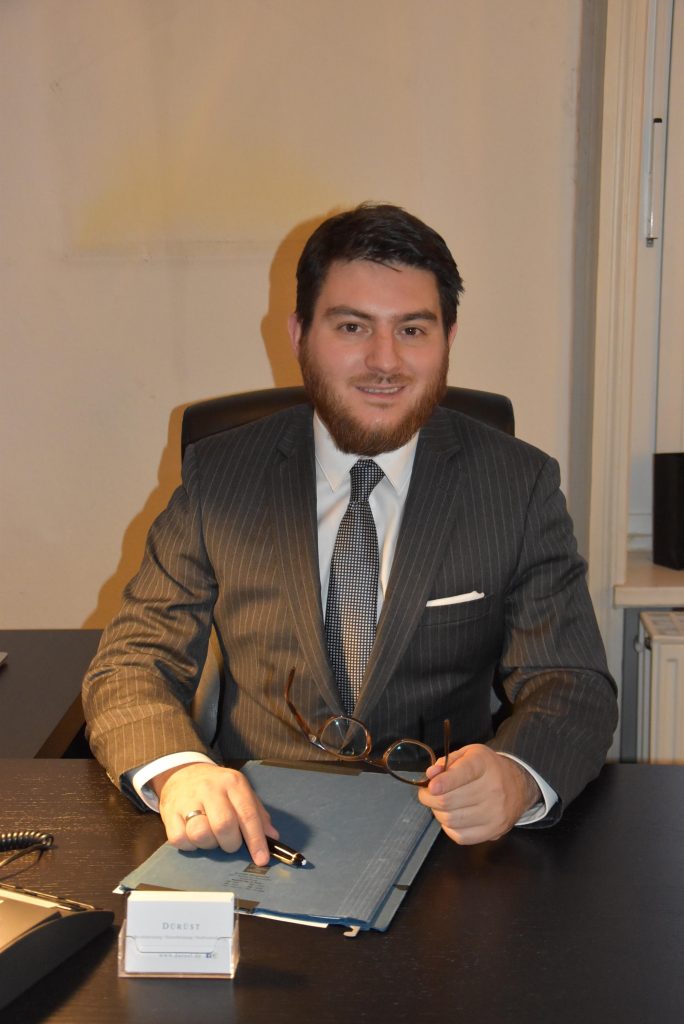A schoolgirl aged nine found herself in trouble after pupils told teachers she was regularly talking Turkish in the playground.
The young girl of Turkish origin, who has not been named, apparently fell foul of her primary school’s rules to only speak German while on the school’s premises.
She was overheard “repeatedly” talking Turkish to another friend while on the climbing frame in the playground.
As punishment, a teacher asked the girl to write a half-page essay titled, “Why we speak German at school”.
The schoolgirl was unable to compose much, according to a report in weekly news magazine Der Spiegel, simply writing: “We are not allowed to speak our mother tongues” in partially broken German.
The parents are considering suing her school over the action, claiming it is discrimination.
In an interview with Der Spiegel, the mother says the experience has left her daughter confused, as she doesn’t understand why she is forbidden from talking Turkish at school, as “it’s a part of her”.
The parents also claim they’ve repeatedly asked the school and teacher to make the language rule available to them without any success.
Der Spiegel states 43% of children at the girl’s primary school in Blumberg, a town south of the Black Forest, by the Swiss-German border, have a “migrant background.”
The family’s lawyer Yalçın Tekinoğlu asked whether, “a similar punishment would be imposed if pupils used English or Latin on school premises outside lesson time?”

The school stood by its language rule as fair, and said:
“The children come from 16 nations. Against this background it’s important for their mutual understanding and for the school’s ability to fulfil its educational duties that the children and the teachers speak a single language.”
The dispute feeds into a wider issue in Germany about whether it is acceptable to impose the local language and culture on immigrants, or whether it is discrimination.
The German Chancellor Angela Merkel is among those who believe that society should be shaped by a guiding culture, or Leitkultur.
The controversial concept was first championed by Christian Democratic (CDU) politician Friedrich Merz at the turn of the millennium, who presented it in a German national context. In 2005, the term was redefined by German Parliamentary President Norbert Lammert as an explicitly European idea, promoting values such as equality, tolerance and pluralism.
Today, under Leitkultur, new citizens are obliged to be able to speak the German language to a decent standard, and to also draw on common cultural roots, traditions and values.
Yet recently the German government’s own anti-discrimination body stated that it was illegal for managers to forbid their staff from speaking Turkish or other languages during work breaks.





